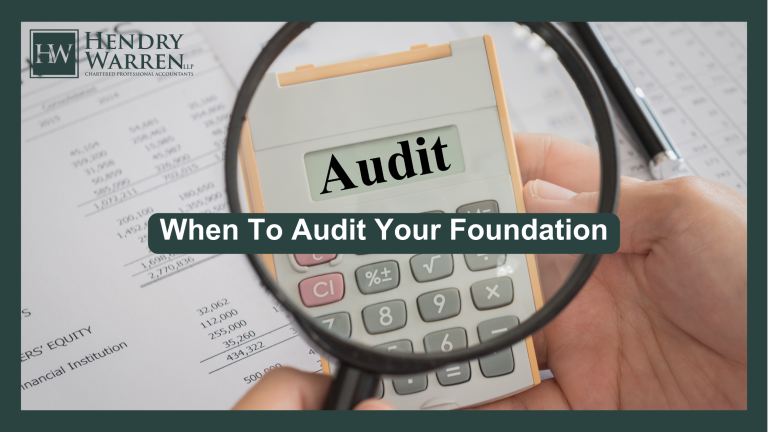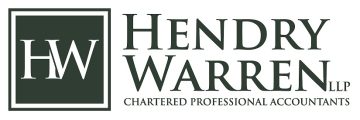When to Audit Your Foundation
We recently hosted a live webinar on Foundation Audits and felt we should get some of the finer details down on our blog. In case you missed it, the webinar can be watched here:
Overview of Private Foundations in Canada
Before discussing audit requirements, it’s essential to understand the specific types of foundations. Canada has three types of registered charities:
- Charitable Organization (e.g., Ottawa Humane Society)
- Public Foundation (e.g., CHEO Foundation)
- Private Foundation
Our focus is on private foundations, where more than 50% of the funding comes from a person or group who control the charity or make up its board of directors. This type requires additional considerations for audit threshold decisions.
Regulatory Environment
For private foundations in Canada, financial statements must be submitted with the T3010 return. While we can’t advise on all legal requirements, it’s crucial to understand the audit requirements.
What is an Audit?
A financial audit is an independent examination of an organization’s financial statements and related operations to ensure accuracy and compliance with accounting standards, laws, and regulations. Conducted by a qualified auditor or audit firm, the process involves:
- Reviewing Financial Records: Examining financial statements, accounting records, and supporting documents.
- Testing Transactions: Ensuring transactions are recorded correctly.
- Assessing Internal Controls: Evaluating the effectiveness of internal controls.
- Evaluating Accounting Policies: Ensuring consistency in accounting policies.
- Confirming Assets and Liabilities: Verifying the existence and valuation of assets and liabilities.
The goal is to provide an opinion on whether the financial statements present a true and fair view of the organization’s financial position and performance.
Legal Requirements for Audits
Audit requirements depend on whether the foundation is incorporated federally or provincially.
Federal Requirements (since 2011)
- Soliciting Corporations:
- $50,000 and less: May choose compilation, review engagement is default, audit is optional
- $50,001 to $250,000: Audit is default, review engagement is optional
- More than $250,000: Audit is mandatory.
- Non-Soliciting Corporations:
- $1,000,000 and less: May choose compilation, review engagement is default, audit is optional
- More than $1,000,000: Audit is mandatory.
Provincial Requirements (since 2011)
- Public Benefit Corporations:
- $100,000 and less: Audit is default, review engagement is optional
- $100,001 to $500,000: Audit is default, review engagement is optional
- More than $500,000: Audit is mandatory.
- Non-Public Benefit Corporations:
- $500,000 and less: Audit is default, review engagement is optional.
- More than $500,000: Audit is default, review engagement is optional.
Specific Thresholds for Private Foundations
While private foundations often seem to fall under these rules, exceptions exist under the definition of a “public benefit corporation.” A corporation is considered a public benefit corporation if it receives more than $10,000 from public sources in a single financial year. Since private foundations receive the majority of their funding from members, directors, or employees, they may fall under the non-public benefit corporation category.
When to Consider an Audit
Even if not legally required, an audit can still be beneficial:
- Enhanced credibility and trust
- Improved internal controls and risk management
- Financial accuracy and transparency
- Preparedness for exceeding the $10,000 public revenue threshold
Alternatives to Audits
- Review Engagements: Offer less assurance than audits but more than compilations.
- Compilation Engagements: Provide the least assurance and do not verify accuracy.
How to Prepare for an Audit
- Organize financial records
- Review internal controls
- Document accounting policies and procedures
- Reconcile accounts
- Communicate with the auditor and ask for a wish list
By understanding these aspects, you can better manage your foundation’s financial health and ensure compliance with relevant regulations.


